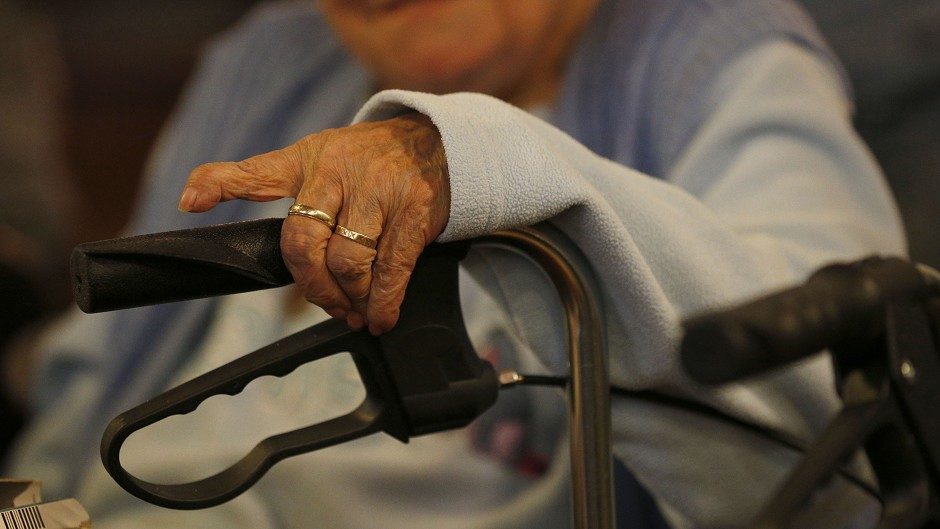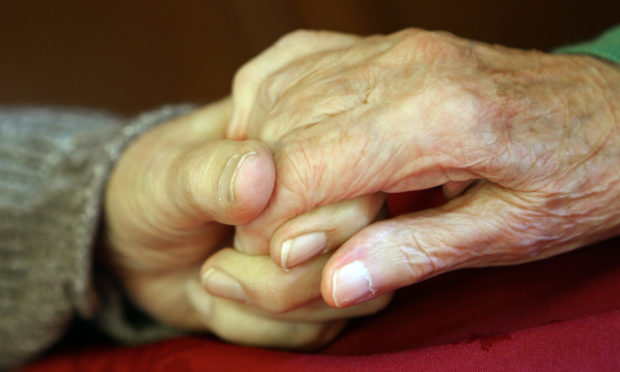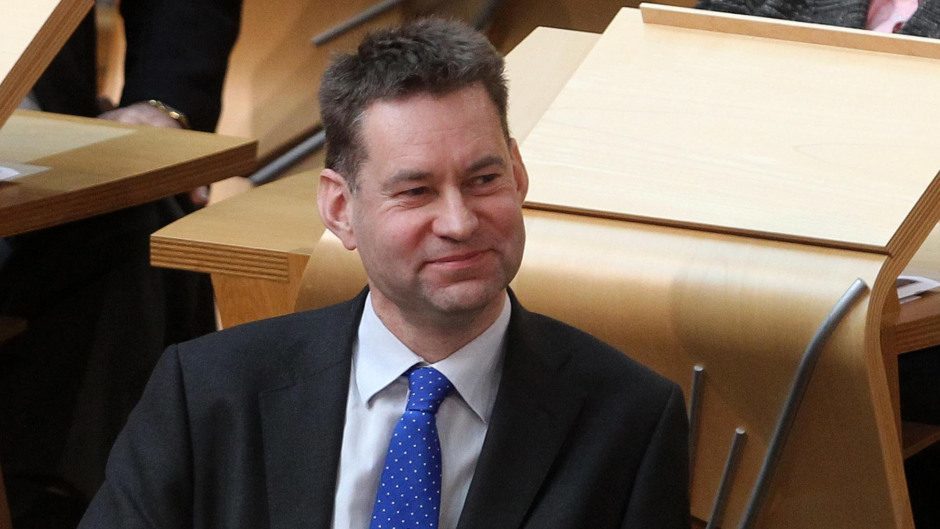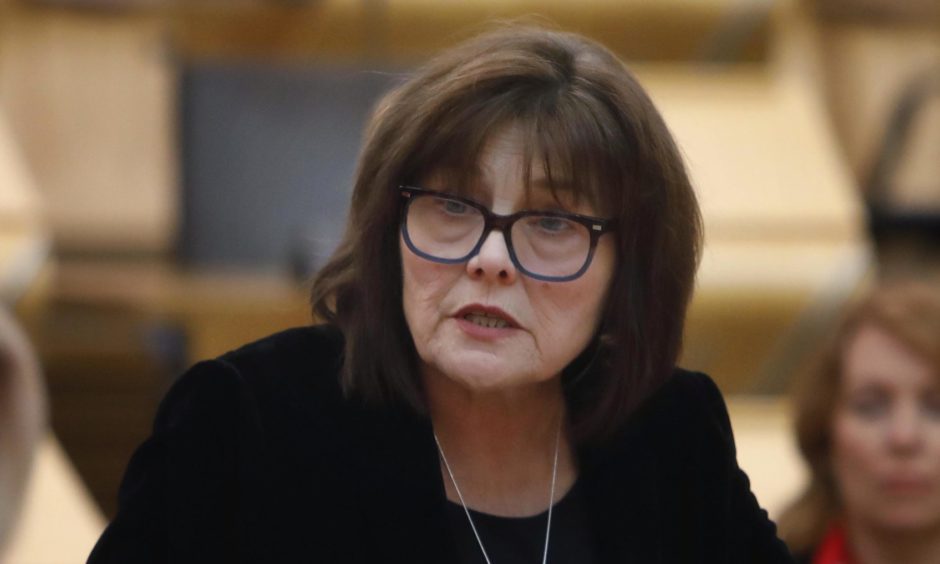Revelations that Scotland’s care watchdog was warned 179 times of nursing home staff shortages during the coronavirus pandemic are likely to be investigated at Holyrood, a senior MSP has said.
Health Secretary Jeane Freeman was quizzed about the figures unearthed by BBC Scotland’s Disclosure programme, which also claimed care homes were pressurised into taking hospital patients who had not been tested for the virus.
Appearing in front of Holyrood’s Covid-19 committee, Ms Freeman was questioned about the claims by convener Murdo Fraser, the Conservative MSP representing Mid Scotland and Fife.
Mr Fraser said he was “sure” the matter would be “something that either ourselves or the Health and Sport committee will want to probe into further”.
Multiple warnings made to the Care Inspectorate
The documentary found that around 30 red warnings — indicating an insufficient number of staff to properly meet residents’ needs — were issued to the Care Inspectorate watchdog in the three months to June.
During the same period care homes issued 149 amber alerts, indicating that resources were stretched and that the staffing levels were close to impacting on the quality of care.
On the programme, Donald Macaskill, chief executive of Scottish Care, which represents more than 800 of the nation’s 1,000 homes, said they were told to free up space for untested patients in the rush to clear hospital beds.
During March and April care homes had a dramatic influx of untested hospital patients as beds were freed up in the NHS to prepare for a dramatic rise in coronavirus cases.
Mr Fraser said: “This was a period when a lot of these homes were under pressure to receive patients being discharged from the NHS who we now know were coming into care homes without being tested for Covid-19. This has obviously caused a great deal of concern in the sector and concern for both the care home residents and their families.”
Health Secretary defends Scottish Government’s coronavirus strategy
Ms Freeman said she had not seen the programme, but did not agree that care homes were put under pressure to take hospital patients.
“I don’t accept that care homes were under pressure to accept people coming out of hospital during that period,” the Health Secretary said.
“Care homes and hospitals have always had an obligation to undertake a clinical assessment of both the individual’s readiness to be discharged; in other words, there is no more hospital treatment that is required. We all understand that staying in hospital longer than your clinical needs require you to be there is not the ideal place for anyone, but in particular for elderly citizens.
“It is in the care home’s interest to ensure that they are ready to receive that individual and they have all appropriate measures and steps in place, including arrangements for any ongoing medical care that the person might need.”

The Health Secretary said that the Scottish Government had made additional staff available through a portal to care homes who needed them.
She added: “Where there are flags in terms of staff shortages, of course during this period, over at least part of this period, we did have that portal available with a significant number of experienced social care staff that we were making available to care home providers to use if their rotas were either in jeopardy or a little unstable or because they needed to have additional staff in order to implement the guidance we had issued on additional infection prevention and control measures that they should be putting in place.”
At her daily coronavirus briefing, Nicola Sturgeon also said she had not seen the Disclosure programme. The first minister said she had talked in the past about PPE, restricting visitors to care homes, testing, infection control and risk assessment of residents.
She added that she would watch the programme before responding more fully.
The Covid-19 committee also heard concerns from Scottish Care about new measures that allow ministers to intervene in care homes before going through the courts. In a submission to the committee, the organisation argued pre-existing laws were strong enough and the provisions risked causing “alarm and distress” to residents. The emergency legislation has been produced to allow ministers to act “very swiftly” in exceptional circumstances.


